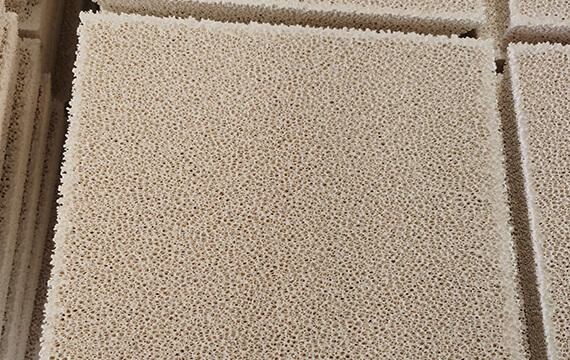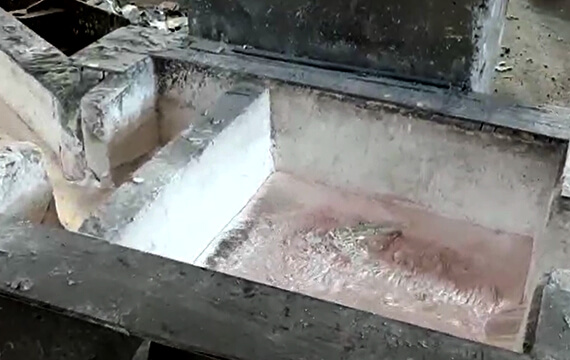In the realm of advanced ceramics, alumina ceramic stands out as a versatile and highly sought-after material due to its exceptional properties and wide range of applications across various industries. Known for its high strength, excellent thermal stability, and superior chemical resistance, alumina ceramic plays a crucial role in numerous industrial processes and applications.
Alumina Ceramic Overview:
Alumina ceramic, also known as aluminum oxide, is a ceramic material composed of aluminum oxide (Al2O3). It is characterized by its high mechanical strength, hardness, and electrical insulation properties, making it suitable for demanding applications that require durability and reliability.

Applications of Alumina Ceramic:
Electronics Industry:
Alumina ceramic is extensively used in the electronics industry for manufacturing insulating components, substrates for electronic devices, and heat sinks. Its high thermal conductivity helps in efficient heat dissipation, making it ideal for use in electronic components that generate heat.
Medical Field:
In the medical field, alumina ceramic is utilized for various applications such as dental implants, joint replacements, and surgical tools. Its biocompatibility, wear resistance, and inert nature make it a preferred material for medical implants that require long-term stability within the human body.
Chemical Processing:
Alumina ceramic finds applications in chemical processing industries due to its excellent chemical resistance. It is used to manufacture corrosion-resistant components such as pump parts, valves, and liners, ensuring longevity and reliability in aggressive chemical environments.
Aerospace and Automotive Industries:
In aerospace and automotive applications, alumina ceramic is employed in components that require high temperature resistance, wear resistance, and mechanical strength. It is used in manufacturing cutting tools, engine components, and insulating materials for extreme operating conditions.
Role of Alumina Ceramic Foam Filters:
Alumina ceramic foam filters, including foam filter plates, play a vital role in the metal casting industry, particularly in aluminum and alloy casting processes. These filters effectively remove solid impurities from molten metal, improving the quality of cast components by promoting a smoother and more controlled flow of aluminum.

By enhancing the quality of castings and reducing defects such as inclusions and porosity, alumina filters contribute to achieving higher precision and consistency in metal casting operations, ultimately leading to superior end products.
Conclusion:
In conclusion, alumina ceramic is a versatile material with diverse applications across several industries, ranging from electronics and medical devices to aerospace and automotive sectors. Its unique combination of properties makes it indispensable for high-performance applications that demand reliability, durability, and precision.
Furthermore, alumina filters play a crucial role in metal casting processes, ensuring the production of high-quality cast components by effectively removing impurities and enhancing the overall casting quality.
The continual innovation and application of alumina ceramic in various industries underscore its significance as a material that drives technological advancements and facilitates the creation of superior products in a wide array of industrial sectors.

